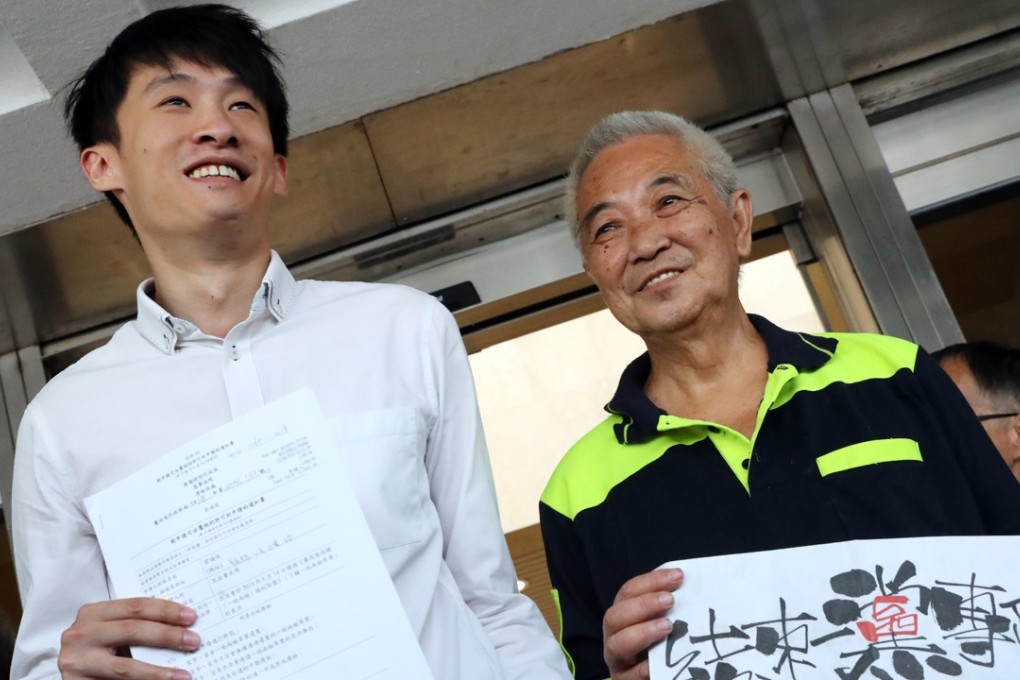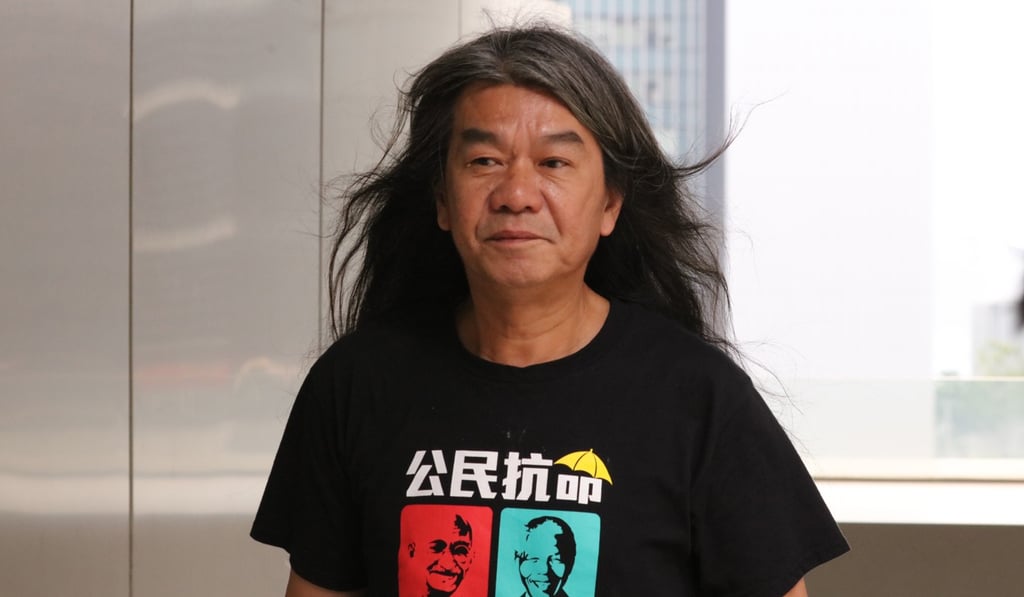Advertisement
Fight over controversial Hong Kong rail checkpoint moves to High Court as lawyer warns it could prompt Beijing intervention
Former lawmakers Sixtus Leung and Leung Kwok-hung apply for judicial review over co-location bill, with Bar Association chairman Philip Dykes saying move will ‘very likely’ trigger China reaction
Reading Time:2 minutes
Why you can trust SCMP

The fight over the controversial joint checkpoint arrangement at Hong Kong’s express rail terminus has shifted from the Legislative Council to the High Court – a move that could lead to intervention from Beijing.
Advertisement
Two applications for a judicial review of the passage of the so-called co-location bill, which was passed in an atmosphere of acrimony last week, have been filed, with three more expected on Friday.
Bar Association chairman Philip Dykes earlier warned that the legal challenges could, “very likely”, trigger Beijing to interpret the Basic Law.

Former lawmakers Sixtus Baggio Leung Chung-hang and “Long Hair” Leung Kwok-hung made their moves on Thursday. Activists Kwok Cheuk-kin and Hendrick Lui Chi-hang, who had earlier applications dismissed by the court for being premature, and Jeff Ku Chun-hin, a member of the Neo Democrats, are also expected to apply for judicial reviews.
Advertisement
The last time the National People’s Congress interpreted the Basic Law in 2016, Sixtus Leung and Leung Kwok-hung were among six lawmakers kicked out of Legco for taking their oaths in an unorthodox manner.

Advertisement